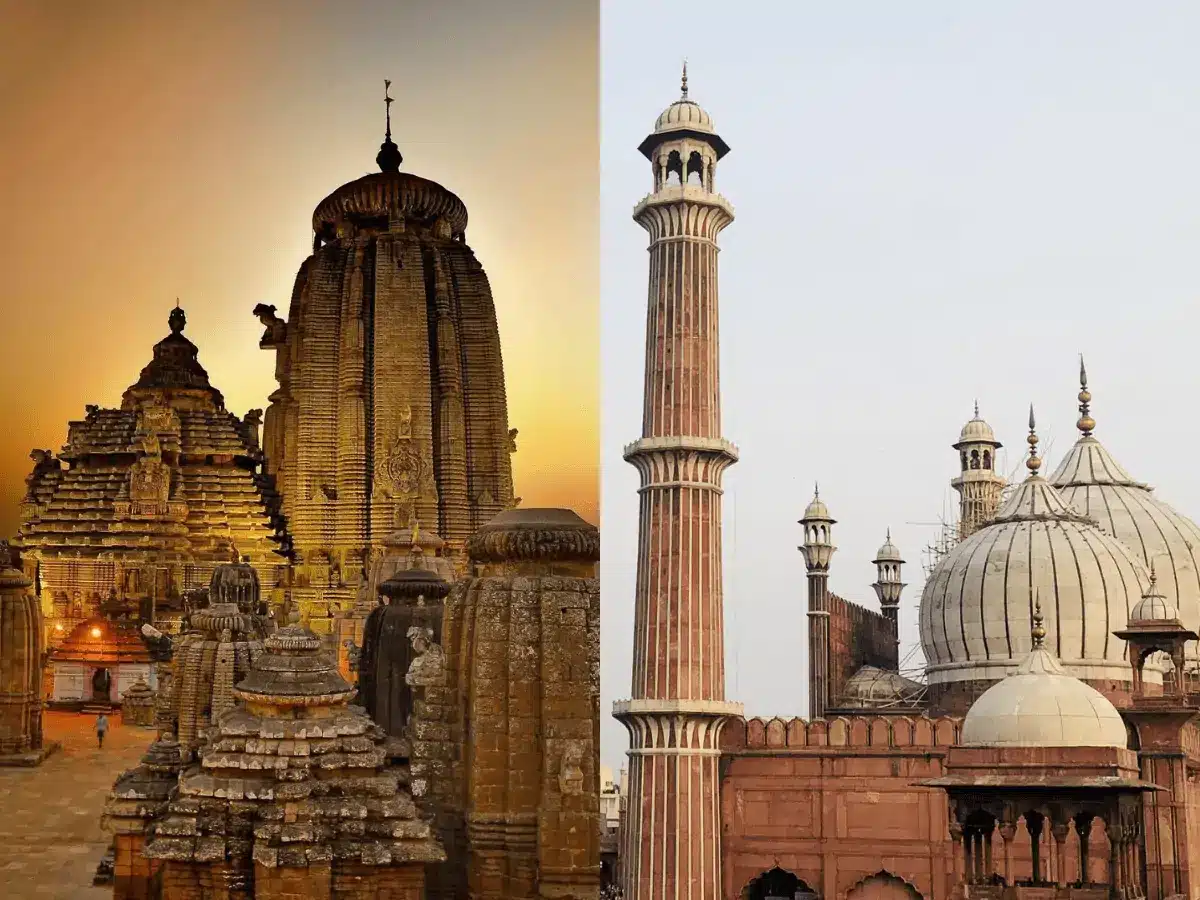With the rising number of petitions, the supreme court hints at delays—What does it mean for India’s secular fabric?
Imagine walking past a historic place of worship in your city—perhaps a temple, a mosque, or a church. You see people praying, lighting candles, or offering flowers, oblivious to the fact that their place of devotion is at the center of a high-stakes legal battle.
This is the reality for many religious sites in India, as the Supreme Court finds itself overwhelmed with petitions challenging the Places of Worship (Special Provisions) Act, 1991. The law was meant to preserve the character of all places of worship as they were on August 15, 1947, but now, an avalanche of legal suits is threatening its very purpose.
In a packed courtroom, Chief Justice Sanjiv Khanna, with an air of exhaustion, addressed the flood of pleas. “There is a limit to which petition can be filed… we might not be able to take it up,” he remarked, signaling that hearings could be postponed further.
Why is This Law Such a Big Deal?
The Places of Worship Act became a hot topic again when disputes over religious sites like the Gyanvapi Mosque in Varanasi and the Shahi Idgah Masjid in Mathura surfaced. Some Hindu groups argue that their ancient temples once stood where mosques now exist and demand surveys to establish historical facts. On the other side, Muslim organizations insist that altering these sites could lead to social unrest and a challenge to secularism.
The Supreme Court had earlier paused proceedings on 18 lawsuits, including those demanding archaeological surveys and changes to existing places of worship. While many Hindu organizations seek a review of the law, others—like AIMIM leader Asaduddin Owaisi and Jamiat Ulama-i-Hind—have approached the court to preserve the law and protect religious harmony.
A Growing Legal Quagmire
For the common citizen, this battle is about more than just legal technicalities—it’s about identity, faith, and coexistence. In cities where communities have lived together for centuries, these disputes have reignited old wounds.
A shopkeeper near the Gyanvapi Mosque shared his concerns, saying, “We just want to live in peace. These court cases make us anxious about what will happen next. Will my shop be affected? Will there be protests? Who benefits from all this?”
A similar sentiment echoes among younger generations, who feel that repeated legal fights over historical grievances are preventing the nation from moving forward. A university student in Delhi commented, “We should be talking about education, jobs, and healthcare. Instead, we are still fighting over temples and mosques.”

What’s Next?
The Supreme Court’s reluctance to rush into hearings suggests that the justices want to avoid setting a hasty precedent. Legal experts believe that filtering out frivolous petitions and streamlining cases could prevent unnecessary delays. However, the larger question remains—will this law survive the mounting challenges, or will it be rewritten to accommodate changing political and social landscapes?
As the country waits for the next move, the Supreme Court faces a difficult balancing act: protecting legal integrity while ensuring that India’s diverse communities continue to coexist peacefully.
Related: Supreme Court Says It Cannot Criminalise Abusive Language In OTT Content

















Active Noon Media is the largest local to national digital media website that represents the voice of the entire nation.